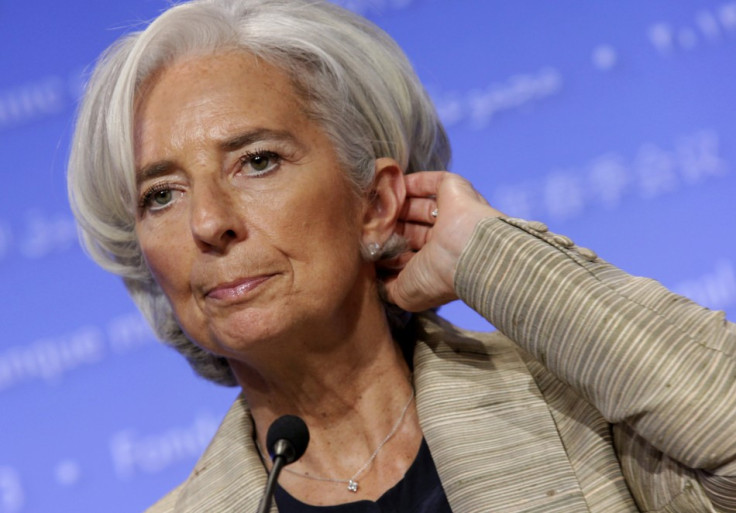Portugal Accuses IMF of 'Institutional Hypocrisy' Over Austerity

The International Monetary Fund has been accused of double standards by Portugal's ruling Social Democrats after calling for more budget cuts while at the same time publishing a report warning about the pitfalls of too much austerity.
The country's paymasters, the European Union and the IMF, started to review Portugal's bailout on 16 September.
Concerned Portuguese officials have asked the EU and IMF to relax a target for 2014's budget deficit so a fragile economic recovery will not be choked off.
These pleas come after the IMF analysed austerity policies since the Great Recession erupted in 2008 and ratings agency S&P warned it could downgrade Portugal's sovereign credit.
"An IMF report shows an apparent concern about excessive austerity," said Social Democrat spokesman Marco Antonio Costa.
"What I see is institutional hypocrisy on behalf of the IMF because these are reports underlying their concern, but then at the negotiating table ... their attitude shows little flexibility."
The IMF paper suggested that the speed of cuts had to be considered carefully when an economic crisis was in full-swing.
Yet the paper also was careful in coming to any firm conclusions about the true impact of austerity.
It argued that measuring the effectiveness of fiscal tightening was difficult in such abnormal economic circumstances that came with the onset of the financial crisis.
Conditions Portugal Must Meet
Under the rules of the 2011 bailout, Portugal must cut its budget deficit to 5.5% of GDP in 2013 from 6.4% in 2012 and then just 4% in 2014.
These tough measures have been challenged by Deputy Prime Minister Paulo Portas, a member of CDS-PP junior coalition party.
Portas said that the government will try and persuade the creditors to ease the 2014 goal, which was relaxed for a second time in March 2013 to 4.5% of GDP.
The economy of Portugal grew in the second quarter of 2013 grew after 10 straight quarters of decline yet it is still expected to shrink by 2% over the whole of 2013.
© Copyright IBTimes 2025. All rights reserved.






















